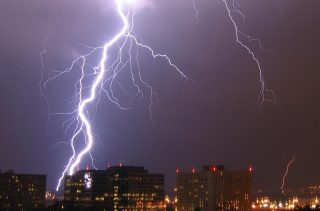Feeatured Articles
Latest Articles
The Game Engine Podcast – Game Development, by Devs, for Devs.
Welcome to the Game Engine Podcast Blog! In this post, we’ll give you a…
Epping Forest Mountain bike Club | mtb cycle riding in North East London, and Essex
Hi and welcome FOR THE 1ST TIME A MOUNTAIN BIKE GROUP SPECIFICALLY FOR MEN…
Cycles Royan (17), Charente-Maritime, scooters, bikes, mountain bikes, VTC, two-wheel accessories, rental
Cycles Royan (17). Royan By Cycles offers for sale and rent scooters, bikes, mountain…
New York | Brunch With My Baby | Kid-friendly places to eat, play and explore
About Brunch With My Baby About BWMBBrunchwithmybaby.com is a parenting lifestyle platform that features kid-friendly…


![Top 335 Questions to Ask Kids [Funny, Silly] to Get to Know Them](https://www.ponfish.com/wp-content/uploads/2020/12/Questions-to-Ask-Kids-320x211.jpg)











